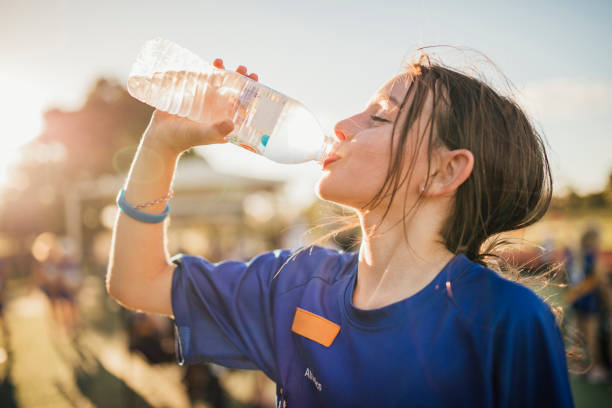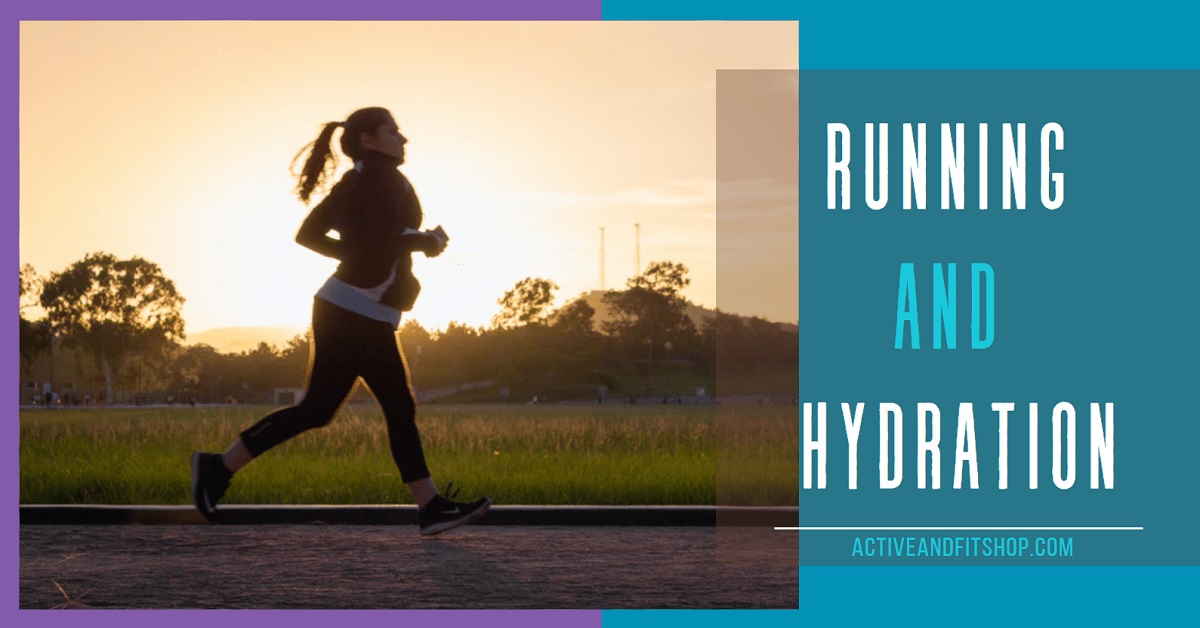Running and hydration used to be simple in the past. Runners would run with nothing but the road under their feet. They would drink some water when they returned to quench their thirst.
Running and hydration were not the main concerns. But now, things are different. Runners have more advanced ways. They take water with them and use gadgets to track how much water they consume during their runs and races. This shows how running and hydration have become more important and understood for runners to improve their performance and health.
Running and hydration are very essential now. It helps runners run better, longer, and safer. Runners need to hydrate well before, during, and after their runs. They also need to balance their water intake with other fluids and nutrients. Running and hydration are not just a sip of water anymore. It is a skill and a science.
Running and Hydration Balance
Understanding the significance of water in strenuous activities like running is crucial. Striking the right balance is key, as both insufficient and excessive water intake pose severe risks to hydration for runners. Severe dehydration and overhydration can lead to dire consequences, even death.
The challenge lies in differentiating between the two since symptoms may overlap. It emphasizes the importance of hydration for runners, not only in recognizing signs of dehydration and overhydration but also in adopting precise hydration practices tailored to individual needs. Achieving this balance ensures that runners reap the benefits of optimal hydration without succumbing to the potentially life-threatening outcomes of extremes.
Similar Symptoms
Running and hydration are serious topics for runners. When you run, you lose water from your body through sweat. If you lose too much water, you get dehydrated. If you drink too much water, you get overhydrated. Both of these conditions can cause problems for your health and your running.
Dehydration can make you feel tired, dizzy, sick, and confused. Your mouth and lips can get dry. You can also lose weight. Overhydration can make you feel swollen, heavy, sick, and confused. You can also gain weight. These symptoms can be very bad for you, especially if you are running a hard race.
The problem is that sometimes you don’t know if you are dehydrated or overhydrated until it is too late. Even doctors can have trouble finding out what is wrong with you. That is why you need to be careful about running and hydration.
You need to drink enough water to stay healthy and run well. But how much water do you need? There is a way to find out. You can use a formula that experts have made. The formula is: multiply your weight (in pounds) by 0.55. The answer is how many ounces of water you need to drink every day.
For example, if you weigh 150 pounds, you need to drink 150 x 0.55 = 82.5 ounces of water every day. That is about 10 cups of water. You also need to drink more water before, during, and after your runs. You need to balance your water intake with other drinks and foods that have water and nutrients in them. Running and hydration are not just about drinking water. It is about keeping your body in balance.
Hydrating fluids
Running and hydration are about what you drink to stay healthy and run well. Runners have many options to drink, such as water, sports drinks, tea, decaf coffee, low-fat milk, yogurt drinks, juices, soda, and foods that have a lot of water in them. Water is the best option because it gives runners pure hydration without anything else. Runners who want to lose weight should be careful of sugar and other things in drinks.
Alcohol is very bad for running and hydration. It makes you lose water from your body. You should never drink alcohol before races or the night before. This way, you can run your best. By choosing your drinks wisely, you can make your running and hydration fit your needs and make you feel good during your training and races.
Running and hydration also depend on the weather and the season. When it’s hot and humid, you sweat more and lose more water and salt. You need to drink more water and sports drinks to stay hydrated and prevent heat-related problems. When it is cold and dry, you may not feel thirsty, but you still lose water through your breath and sweat. You need to drink enough water and avoid alcohol and caffeine, which can make you lose more water. Running and hydration are not the same for every runner, every day, or every run. You need to pay attention to your body and the environment and adjust your drinking accordingly.

A little girl is taking a big gulp of water from a bottle during athletics.
Your needs
Running and hydration are very important for your active life. You need to drink enough water every day, but you also need to drink more water before, during, and after running. This will help you run better and stay healthy. Most people need to drink about 2 to 4 cups of water one or two hours before they run.
When you run, you sweat and lose water from your body. How much water you lose depends on how much you sweat, which is different for each person and the weather. You need to drink water while you run to replace the water you lose. A good way to know how much water to drink is to drink 1 to 2 cups of water every 15 to 20 minutes and weigh yourself before and after you run. This will show you if you are drinking too much or too little water, and you can change your drinking the next time.
Running is hard work for your body, and it needs more water than normal. You need to listen to your body and drink water when you feel thirsty. Running and hydration are not the same for everyone. You need to find out what works best for you and your running.
Conclusion
Running and hydration are two key factors that affect your health and performance as a runner. You need to drink enough water every day, but also before, during, and after your runs. You need to choose your drinks carefully and avoid alcohol and caffeine. You need to pay attention to your body and the weather and adjust your drinking accordingly. Running and hydration are not simple or fixed. They are complex and dynamic. You need to learn more about them and find out what works best for you and your running. Running and hydration are not just about water. They are about balance.





